Download Free Vegan Starter Kit -
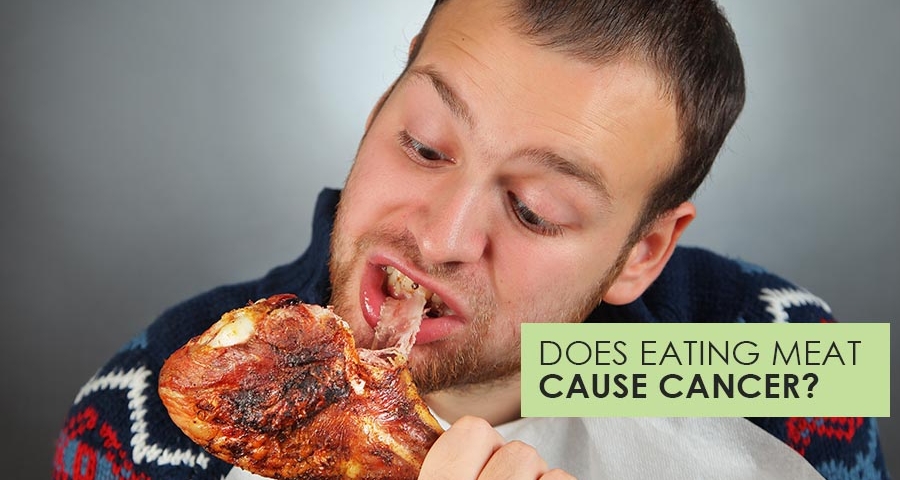
Does Eating Meat Cause Cancer?
The consumption of animal products is a hot topic as more people are starting to examine their health, environmental, and ethical impacts. Making “does meat cause cancer?” a big question on many people’s minds. People are often looking for black and white answers. Well, the simple answer is “yes”, but the truth is more complex and nuanced. Mainstream media is often full of hyperbole or denial, misrepresenting the science due to corporate funding or other agendas. My job as a concerned physician is to understand the medical and nutritional literature and provide a rational understanding. But first, let us refine the question. The issue is not just about consuming animal flesh, but also includes the effect of dairy and eggs on cancer.
So what is Cancer?
Cancer is not just a single disease, but rather a group of many diseases. Cells in our body can develop genetic errors that are hereditary, and also which develop during our lifetime. Over time, some cells will develop combinations of DNA errors, which cause them to reproduce out of control and damage the body as they grow into tumours. Cancerous tumours invade other tissues locally, and eventually spread throughout the body. This damage eventually leads to suffering and death.
A number of factors may increase or decrease our chance of cancer, and even modulate the activity of early cancerous cells. Hereditary factors cannot be changed, but environmental and lifestyle factors can influence our risk. There are factors that can either increase DNA damage or offer protection. Such factors may speed up or slow down the growth of abnormal cells through many mechanisms. Smoking is one of the most potent factors that we know about. Exercise has a positive effect. Alcohol can increase various cancers, as can the many chemicals caused by pollution. Animal-based foods are often overlooked. Meat, dairy,and eggs do increase certain types of cancer, while healthy plant-based foods offer protection.
How do meat dairy and eggs cause cancer?
Basic Science research:
Most people have never heard the distinction between clinical science versus basic science. Basic science studies the biological mechanisms of healthy and diseased functioning of the body. DNA functioning on a molecular level and the behaviour of cells, tissues, and organs are studied. What are the mechanisms of disease? The human body is infinitely complex, but we can learn about certain key aspects of normal and abnormal physiology. But in most cases, there are multiple mechanisms that lead to disease and we cannot understand all aspects.
The flesh, milk secretions, and ova of animals is a package with many components. Some are nutrients that our body can use, such as protein and fat. But other components may be problematic over time. Also, animal fats and protein have certain differences from plant-based fat and protein. Eating animal foods can Increase a hormone called IGF-1, cause inflammation, and contain many hormones that are a natural part of the animal’s body, but could have a negative long-term impact on health. Environmental toxins can be highly concentrated in animal products compared to plants. Despite all we know, however, it is impossible to know every mechanism and what the end result will be in a person or a population.
Clinical Science - The bottom line of what we know:
Clinical science, on the other hand, looks at the practical occurrence, prevention, and treatment of diseases in an individual and population. Despite what we know about the basic science and biological mechanisms of a medication or a food, we can still measure the end result. Does a medication decrease the risk of a heart attack in a population? Do certain foods reduce the percentage of cancers? This involved statistics to see how various factors, such as medications or diet, may influence important diseases. At the end of the day, clinical science is the “bottom line” that we need to know about any medications, diagnostic tests or lifestyle factors such as diet. Again, just for emphasis, remember that clinical science depends on statistics.
Studying the effect of diet on cancer is difficult. We must compare different groups of people, who are of similar age, income, education, smoking status, and other factors over many years to see if a vegetarian or vegan group has an advantage. It just so happens that there are many such studies ongoing. Our knowledge of a good vegan diet is evolving and not yet complete. There are some studies in North America and Europe that involve vegans, there are still few vegans to observe in comparison with vegetarians and meat eaters. Also, many of the study participants have only been vegan for a few years, or are not entirely vegan as they switch their habits. Despite being vegan, they may not be consuming healthy vegan foods or taking B12, while on the other hand, meat eaters who participate in studies tend to tend to consume far fewer animal products than the average population, and are hence behaving like semi-vegetarians. All of this can narrow the gap between meat eaters, vegetarians, and vegans, making it harder to show a difference. However, we still have some good results do demonstrate.
Overall Cancer Incidence and mortality:
Let’s get a sense of how plant-based foods affect the total number of all cancers that people get. Studies do show a reduction of cancer incidence and mortality. Incidence means any new diagnosis of cancer. Remember that every diagnosis does not lead to death, but may involve complex and difficult treatment. Cancer mortality means the number of people who die from cancer. Overall, vegan and vegetarians have a 10-15% decrease in cancer mortality and a 10-20% decrease in Cancer incidence. Some data suggests a slight advantage of vegan over vegetarians. Those who are semi-vegetarian, consuming a low amount of meat products, also have an improvement.
These may seem like modest numbers, but when considering a large population, there is a significant benefit for public health. Just imagine, for every 10 000 deaths from cancer, if we could prevent 1000 deaths, it would be it would be quite an achievement. Without any invasive testing, we could achieve something that expensive medical testing can barely match. There is also reason to believe that if people truly optimized their vegan diet, and were vegan since childhood, we could do even better than what current statistics show. However, it will take many years to verify this, since we will need a larger population of vegans, who were vegan since youth or even birth, and to study them into old age. This will be done but will take more time.
Obesity is a worldwide epidemic and is worth mentioning from regarding overall cancers since obesity is found to also found to be an independent risk factor for many types of cancer. Their is robust data that vegans have the slimmest body mass index compared to vegetarians, semi-vegetarians and meat eaters and that this will result in lower cancer rates over time.
Specific Cancers

Let us look at some specific cancers, starting with the breast. There is data that meat intake, as well as saturated fat and cholesterol intake, increase breast cancer incidence. Red and processed meat seemed to be some of the worst offenders. Milk is also implicated as a factor for breast cancer, as it is for an increase in ovarian and prostate cancer. Breast cancer is the first or second most common cancer in women (tied with lung cancer which is mainly caused by smoking), so even a 10-20% decrease will help thousands of women. There is less data on ovarian cancer, but there is evidence of a reduction in women who consume less animal fat and protein. In addition to saturated fat and animal protein, meat, milk and eggs contain the natural hormones of any animal. When consumed over years, those excess hormones may increase the risk of cancer in humans.
Similar data exists for prostate cancer, showing that vegetarian, and especially vegans have lower rates. Prostate cancer is the most common cancer in men, so this is very important.
One very interesting phenomena is the impact of soy foods. Studies conducted in Asian countries, where soy consumption may be high since childhood, shows that people consuming the most versus the least soy developed 20% (or more) reduction in breast and prostate cancer. Part of this may be the intrinsic good properties of soy, and also that soy consumption may displace less healthy animal based food, such as milk, meat and eggs.
By now, most readers will have heard that the World Health Organization, part of the United Nations, now considers red and processed meat to be class 1a and ab carcinogens for colon cancer. This was a profound statement from such a conservative but an authoritative body. Processed foods include hot dogs, bacon, chicken nuggets and sausages and more. Red meat is any flesh from cows, buffalos, lambs, goats, sheep and pigs. Other animal products were less implicated, but as the prior data shows, still pose a risk.
Ovarian, pancreatic and certain lymphatic cancers may also be reduced with plant-based diet. Again, red and processed meat are the worst offenders.
At this point it is worth repeating that being a vegan does not magically make someone cancer-proof, but it does realistically decrease the chance of having certain important cancers. One must still participate in the normal medical screening and other healthy habits.
Healthy Vegan Foods!
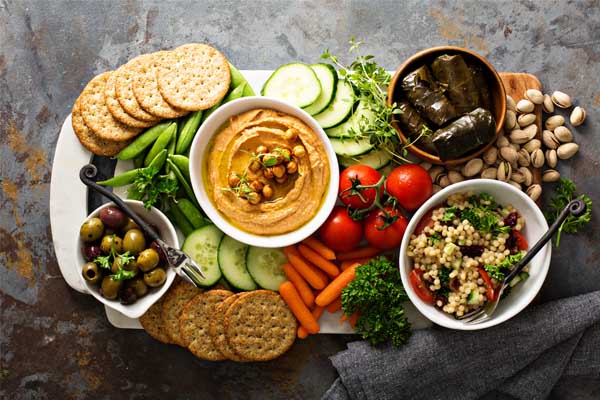
Despite begin vegan, it is still possible to have a broad range of healthy and unhealthy eating habits that could influence cancer risk. So what should we be eating? In the words of Ginny Messina: “Eat the rainbow!” In general, people should be eating a great variety of foods of all different colours and forms from all the food groups. And the second mantra to follow is to eat “Low Fat, Whole Food, Plant-Based”. Remember eating a vegan diet is not a temporary diet fad, but the benefits come from lifelong healthy eating.
Protein foods include beans, lentils, quinoa, hemp, whole grains, and soy-based foods, such as edamame (whole soybeans,) soy milk and tofu. “Veggie meats” can also play a role but read the ingredients and compare which products have the least sodium and fat, and for the most protein per 100 g. I find the Tofurkey veggie sausages to be a fairly good benchmark. Remember that most people need about 0.8 grams of protein per kg of body weight. Plant-based proteins from whole foods and soy have evidence for cancer prevention.
Remember to eat whole grain breads, noodles and pasta, and not the white or refined grain versions. Whole grains are consistently shown to reduce cancer in multiple studies, while refined grains increase disease. Fried foods can increase cancer even if they are vegan.
Whole food fruits and vegetables are a cornerstone of a healthy diet and cancer reduction. Eat a great variety of greens, orange, red, yellows and other colours. Remember that fruit juices are loaded with sugar, and should be avoided. Vegetables should not be overcooked, but rather semi cooked for maximal nutrients. If you're losing colour, then you are overcooking! Make sure to eat some raw vegetables and as part of your daily mix. A very small amount of healthy fats, such as olive oil, canola oil (also called rapeseed oil) and flax oil may be beneficial. But for emphasis, keep the quantity small! Nuts and seeds are also an excellent part of a healthy diet.
In terms of supplementation, most commercial supplements are useless and merely provide expensive urine. The one important supplement is to take vitamin B12. 1000 micrograms once or twice per week is adequate for most people, over perhaps 10-20 micrograms five days a week. Remember to get a B12 test annually for a couple of years, and then every two to three years if in the normal range. Vegans, on average, have lower vitamin B12 levels, and this may actually increase our risk for cancer and heart disease, thus negating some of the benefits of a healthy diet. This is important! People often worry about vitamin D, but in truth, this is a grey area that we can’t get into here. Just remember that vegan vitamin D3 is available, but some healthy sunshine on the skin may be even better.
Other factors
No essay on the topic on cancer is complete until we discuss other lifestyle factors. Exercise and physical activity (especially walking), not smoking, and staying slim are some of the main factors towards reducing chronic diseases, including cancer and living a few extra quality years. Lead a fantastic and vibrant life! Cancer is an important group of diseases, but vegan diet and a healthy lifestyle also reduce cardiovascular disease, diabetes, and more!
The bottom line
In summary, meat dairy and eggs increase the risk of various cancers, whereas a whole food low-fat vegan diet lowers one’s risk. The effect may be moderate but is still extremely important. If we optimize, then we can likely get a greater effect. Let’s keep learning as more research comes out, but in the meantime having a dynamic and tasty vegan lifestyle is fantastic for overall health and also has a great impact on the planet.
If you'd like to learn more about Dr. Tushar Mehta's knowledge of a Vegan Diet and Health, check out his lecture on Youtube.
He also recommends reading Vegan for Life - by Jack Norris and Ginny Messina and Becoming Vegan By Brenda Davis and Veranda Melina - for more vegan nutrition.
Reference links for this article can be found HERE and HERE
Like this article?
Read: Healthy Bones - The Non Dairy Way
Read More: Is Your Cooking Oil Killing You Silently?
AUTHOR
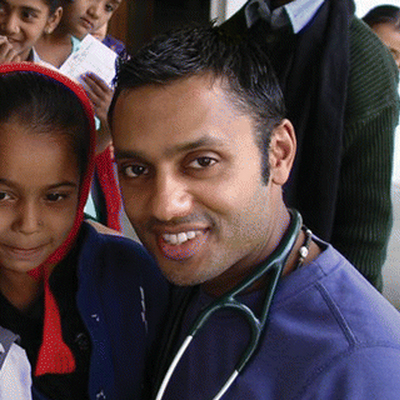
trending
Be a Vegan First Informer
Send us buzzworthy news and updates
Explore
Contact Us
About Us
Stay Connected
Copyright ⓒ 2017-2023. VEGAN PASSION PRIVATE LIMITED. All Rights reserved.
For more information, please write to hello@veganfirst.com
Registered Office Address: 55, 2nd floor, lane 2, Westend Marg, Saidullajab, Near Saket Metro Station, New Delhi, Gadaipur, New Delhi South West Delhi, DL

2.png)

.png)

.png)
2.png)
2.png)
2.png)


1.png)

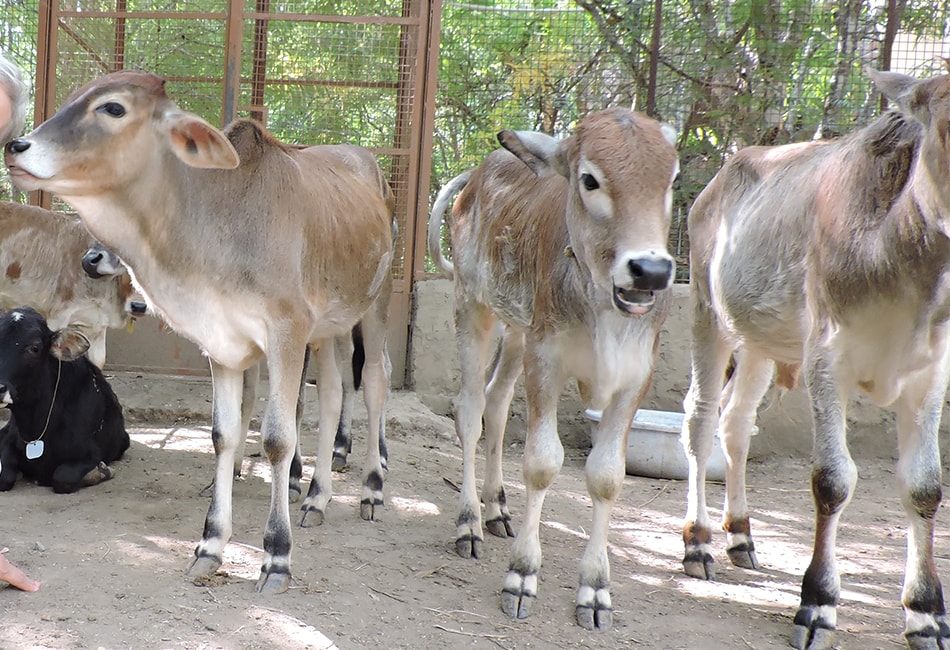
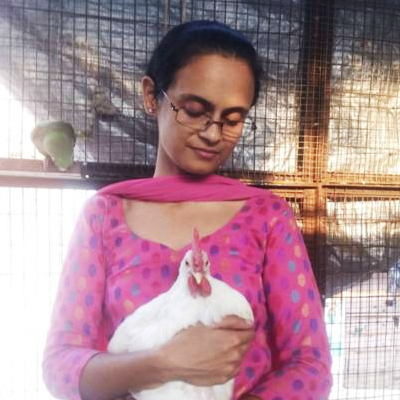



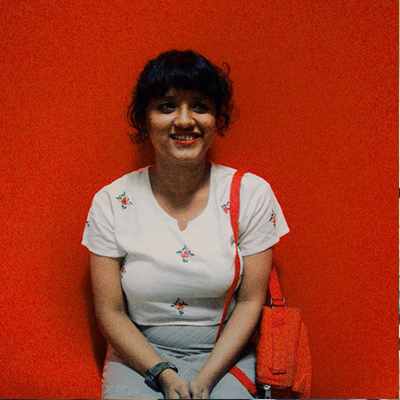
3.png)



